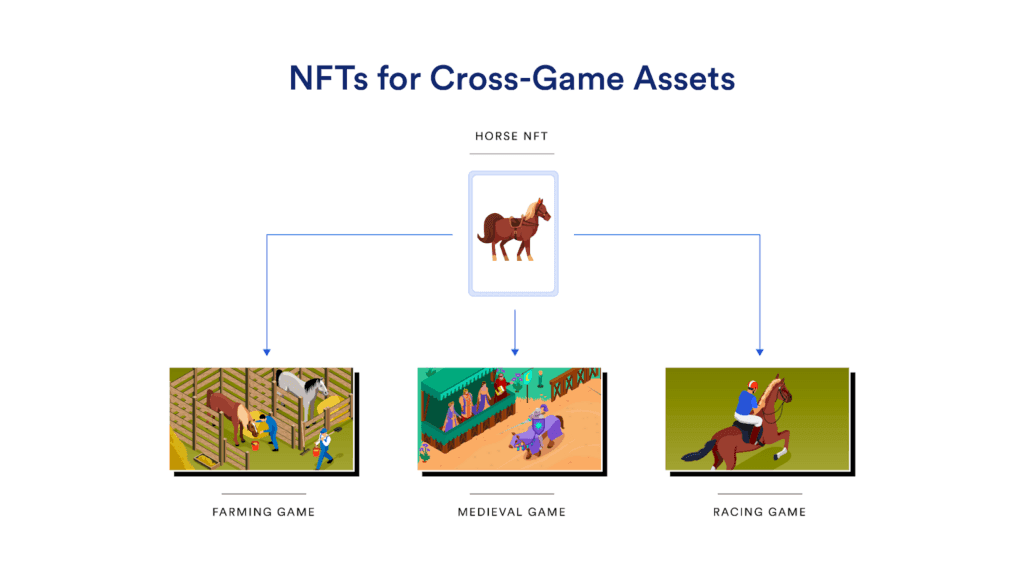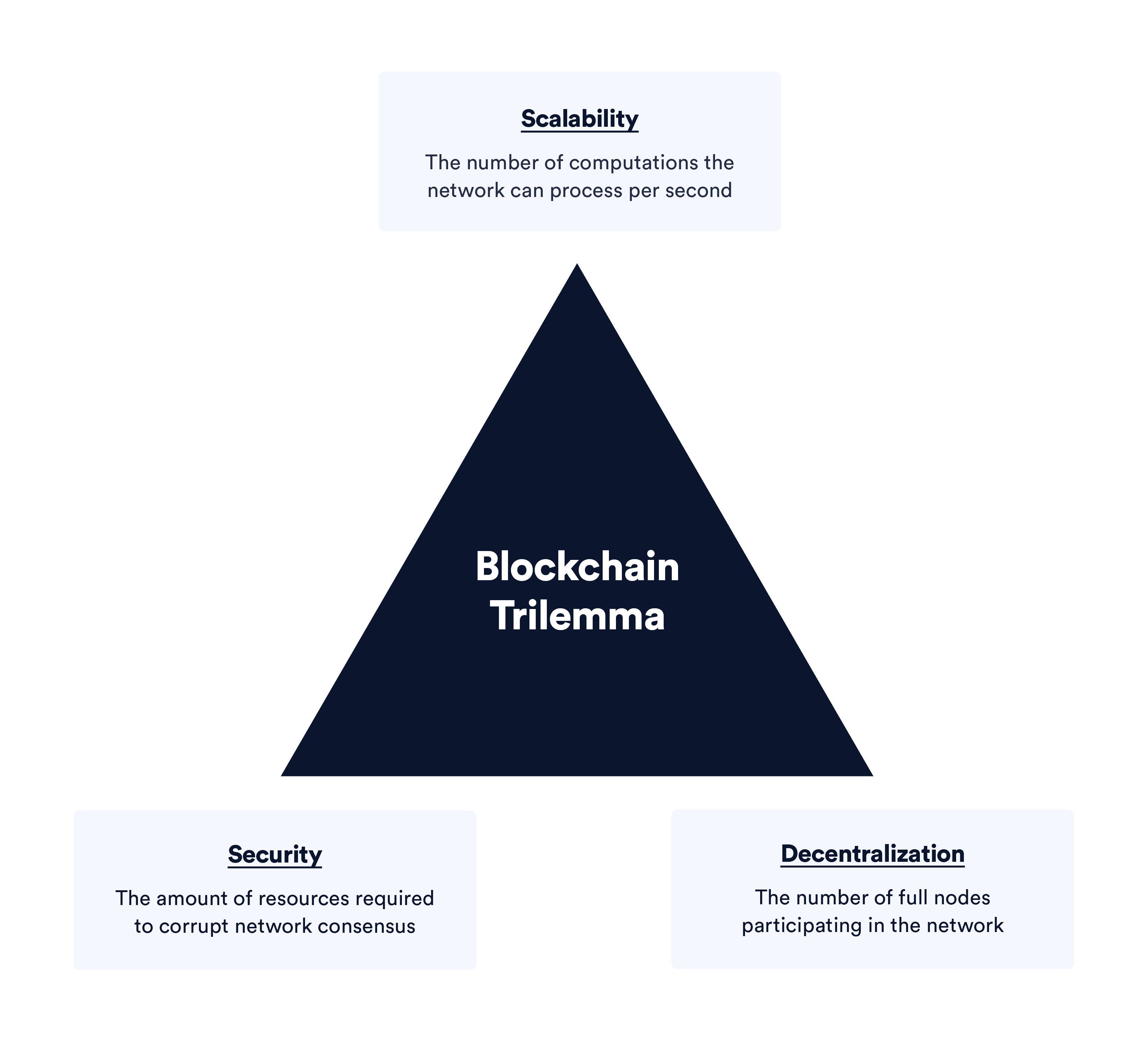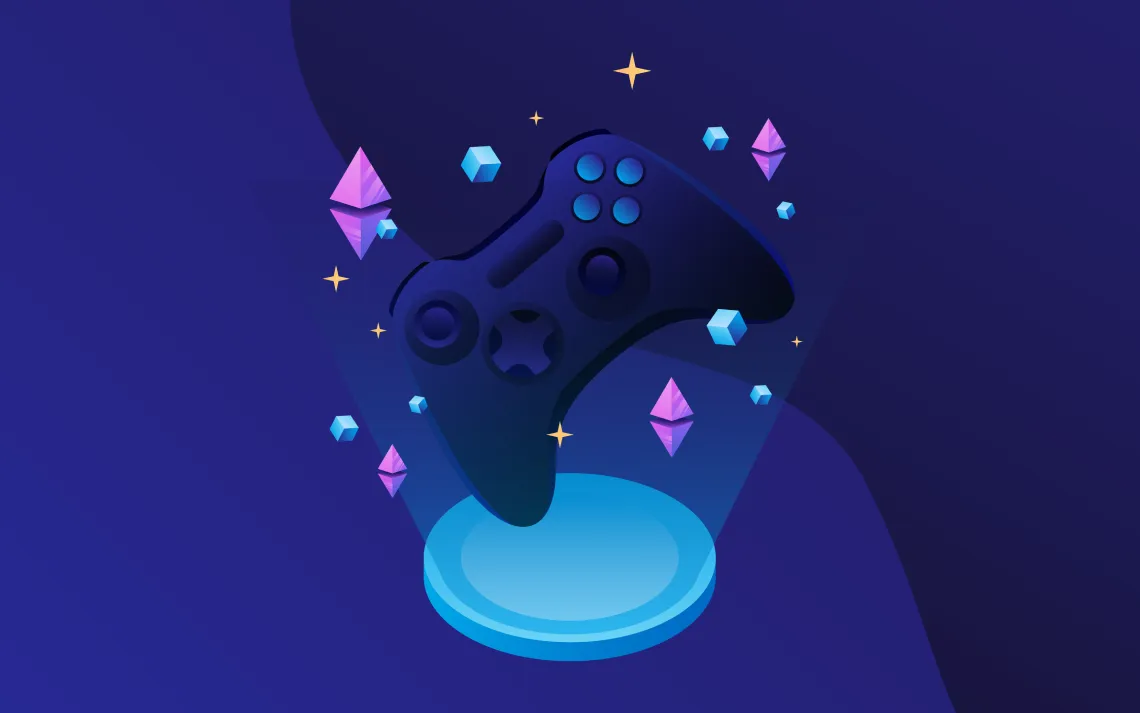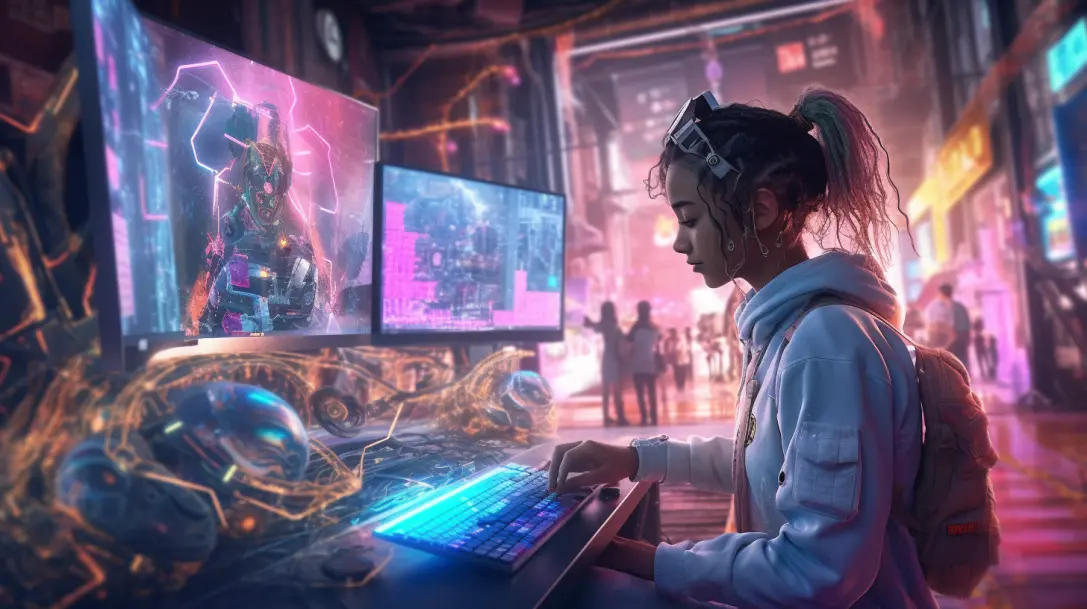In the dynamic realm of digital entertainment, the convergence of artificial intelligence (AI) and blockchain technology has paved the way for a groundbreaking era in gaming, giving rise to AI-powered web3 games. This innovative fusion not only enhances the gaming experience but also catalyzes the widespread adoption of blockchain within the gaming industry.
As players seek more immersive and decentralized gaming environments, the marriage of AI and blockchain offers a synergy that transcends traditional gaming boundaries.
The result is a new frontier where intelligent algorithms and decentralized ledgers collaborate to redefine how gamers interact, transact, and engage with virtual worlds, propelling the gaming industry into the decentralized future of web3.

Web3 Gaming Meets AI
In a recent interview with Ken Timsit, the Managing Director at Cronos Labs (a web3 startup accelerator), he shared his insights on the profound influence of AI-powered web3 games on the growing adoption of blockchain technology within the traditional gaming sector.
In this article, we will cover some of the key trends that are contributing to the mass adoption of blockchain technology within the gaming sector. We will also provide a comprehensive overview of the current developments in web3 and AI gaming.
NFTs Revolutionize Gaming
Timsit shared feedback on the transformative role of non-fungible tokens (NFTs) in the realm of web3 gaming. Beyond reshaping ownership and trading of in-game assets, NFTs are fostering a paradigm shift in how game developers interact with their communities. Successful developers are increasingly embracing community management, utilizing NFT launches to craft engaging narratives and connect with fans, facilitating swift market integration for new products.

Integration of Advanced Technologies
Another significant trend highlighted by Timsit is the integration of advanced technologies to streamline user experiences. Popular web3 games are leveraging cutting-edge solutions such as ultra-cheap application-specific layer 2 or 3 blockchain networks, account abstraction, and novel NFT standards, enabling the lending of game assets. Timsit emphasized the commitment of the Cronos blockchain to embrace these technological advancements, with support from startups within the Cronos Accelerator Program.
The Cronos ecosystem continues to build strong momentum in the blockchain space. With the help of its $100 Million-backed Cronos Accelerator Program, developers and builders will help accelerate the growth of this ecosystem.

AI's Role in Immersive Experiences
Addressing the impact of artificial intelligence on gameplay, Timsit expressed optimism about the potential of AI to enhance the gaming experience. AI is being harnessed by game developers to create more intriguing and captivating gameplay. Despite the exciting prospects, Timsit acknowledged the challenge of maintaining diverse and unique AI voices.
AI Arena Example:
One great example is AI Arena, the first game where the player can see into the "brain" of an AI model, understand its behavior, and coach it through demonstration. Players design, train, and battle AI-powered NFTs in a global PvP Arena competition. In general, the game is designed to be a global meta-competition.
AI Arena isn't just a game it is also a global marketplace for AI talent. Leveraging the power of AI and web3, AI Arena is creating a "better, more equitable platform" for AI researchers and players from around the world. The platform gives individuals the opportunity to monetize their skills and merit directly, creating a marketplace that rewards talent and hard work.
For more detailed information on the company and game (such as scoring system, access and team multipliers, team caps, competition schedules, and real-time standings, as well as comprehensive details on the NRN token, in-game staking, AI Arena NFTs, and the $NRN Prize Box system) individuals are encouraged to explore further through AI Arena socials such as X and Discord.
Fraud Prevention in Web3 Games
Touching upon the issue of fraud prevention in web3 games, Timsit recognized the concern of deploying bots to gain in-game assets. While AI models could potentially detect fraudulent activities, Timsit underscored the complexities of effective implementation. Striking a balance between decentralization and bias prevention is crucial, as decentralizing AI models without addressing bias might lead to a distorted landscape, similar to the polarization observed in traditional media and social platforms.

Final Thoughts
In conclusion, the following insights provide a comprehensive understanding of the evolving landscape of blockchain gaming. From the impact of NFTs to the integration of AI, these trends are shaping the future of gaming, promising improved user experiences, enhanced community engagement, and innovative gameplay mechanics. As the industry continues to evolve, achieving the right balance between technological innovation and ethical considerations will be paramount for its sustained growth.
This article was inspired by an original blog post from Chainlink, you can read the full post on their website here for more information.






